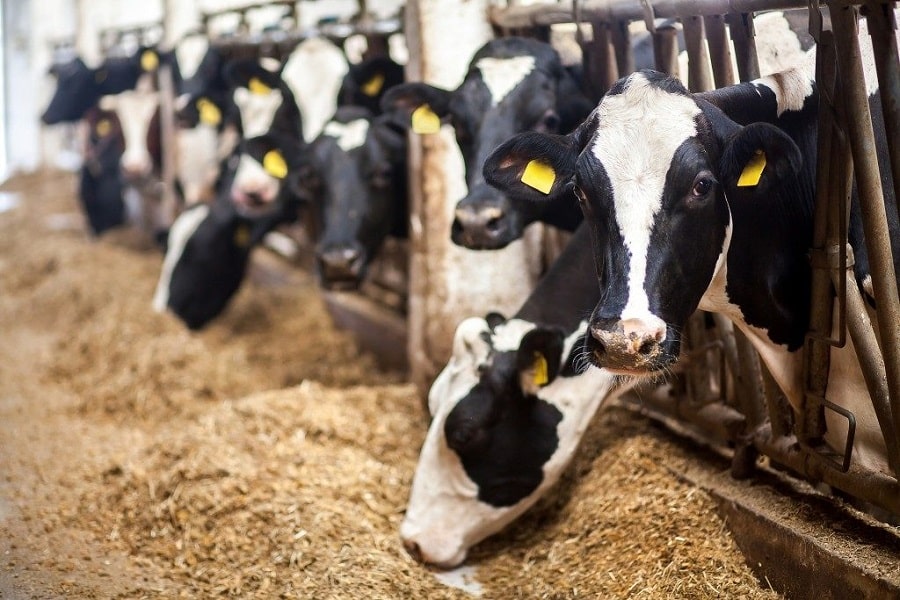It is believed that sustainable farming holds the future of the planet. It is defined as the production of foodstuff by using eco-friendly, profitable, and socially conscious techniques. For the world to meet the global food demand of its increasing population and that of the future generation, agricultural businesses need to step up their game in crop and animal production.
 There are several measures farmers can put in place to achieve higher levels of productivity in their livestock production, and here are some great tips on how to do just that.
There are several measures farmers can put in place to achieve higher levels of productivity in their livestock production, and here are some great tips on how to do just that.
Control Food Spoilage
According to the FAO, globally, the world wastes away about one-third of the food that is produced for human consumption, which is about 1.3 billion tonnes annually. The simplest way to develop an agriculturally sustainable society is to stop wastage and eat all that is produced. Controlling food spoilage will help agribusinesses maximize their returns and cut down on losses. For example, by using preservation additives, you can preserve essential ingredients such as vitamins and lipids and also reduce degradation by pests, including insects. Animal feed additives are vital to sustainable livestock production – the nutritional content and palatability are impacted by processing and storage conditions.
Adopt Organic Farming Systems and Minimize Mycotoxin Risks
Some European research teams have established more than 50% more mycotoxins in traditional grains than organic ones. Mycotoxins are fungus-produced substances that are dangerous to animals when ingested. On average, the mycotoxin levels in conventional grains are almost twice as high as those in organic grains. The explanation for the relatively high mycotoxins levels in conventional crops has something to do with the routine application of nitrogen fertilizers alongside fungicides.
Traditional farming systems are associated with higher risks of fungal infections, owing to the lack of diversity and dependence on monoculture. Fungicides can suppress pathogens and allow farmers to enjoy higher yields. However, the downside to this is that repeated use of these chemicals can create problems with resistance and potentially shift the fungi population towards mycotoxin-producing strains. Practicing organic farming systems and using smart mycotoxin deactivators as feed additives can help you minimize the risks of mycotoxins hurting the health of your livestock,
Weigh Animals and Use High-Quality Feed
Livestock farmers are encouraged to provide high-quality feed to improve the output of their agribusinesses. Those who rear cattle may want to weigh their animals to help figure out the quantity of feed and dosage of vaccination they need. Doing this will allow you to track the growth of your livestock and find out your most and least productive cattle.
If you can work out the weaning percentage of the calf to cow ratio, you will get rid of the less productive animals and make the most out of the more efficient ones. By weighing your livestock from time to time, you will also eliminate the guesswork and provide the correct weight specification. If you invest in different types of hay for sale online, you can feed your livestock satisfactorily and scale up your farming business.
Leave a Reply